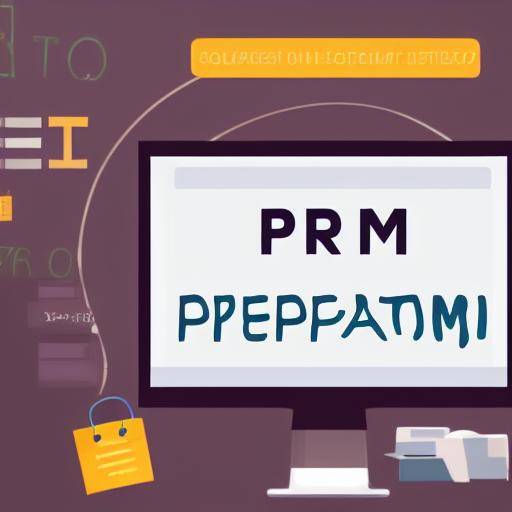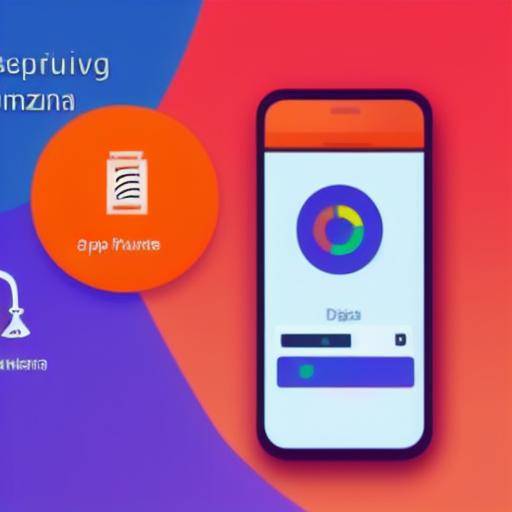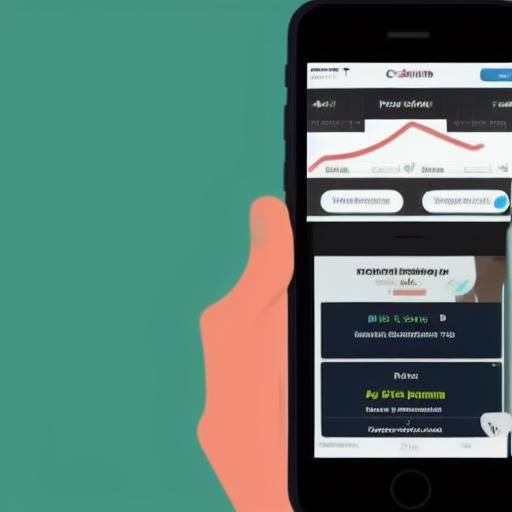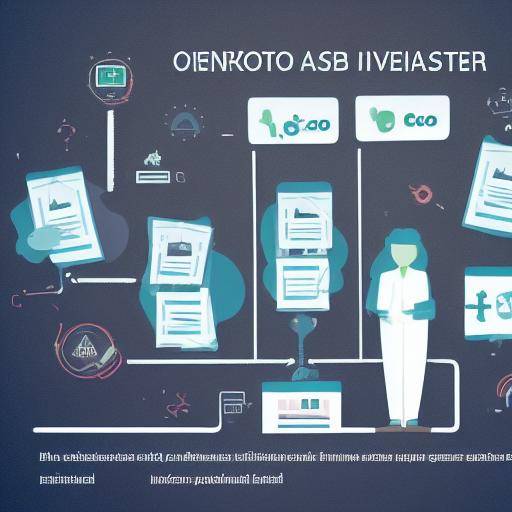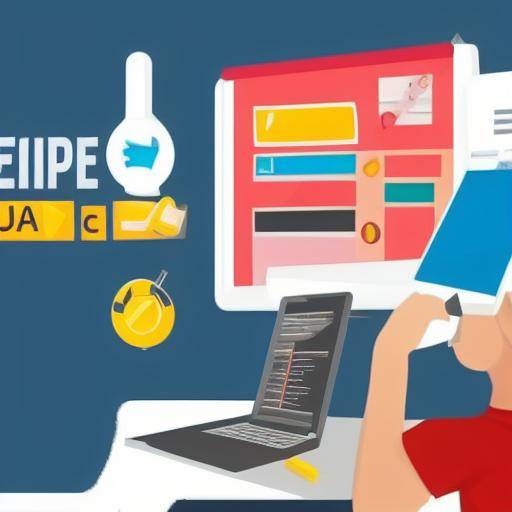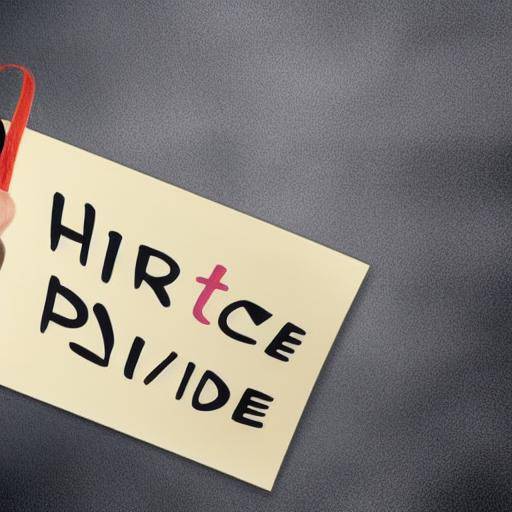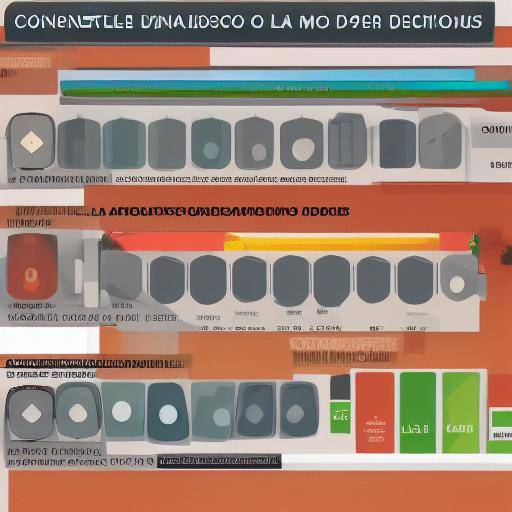
Welcome to the world of debt consolidation! In this article, we will thoroughly explore this financial option that has attracted the attention of those seeking relief from their debts. From its advantages and disadvantages, to how to make the right decision, you will be immersed in an informative journey that will give you the tools necessary to evaluate whether debt consolidation is the best choice for you. Let's start!
Introduction
In modern life, it is common for people to be overwhelmed by scattered debts, which can seriously affect their financial and emotional well-being. Debt consolidation offers a solution that promises to simplify debt management by combining multiple single debts in order to reduce the financial burden. However, before embarking on this route, it is crucial to understand in depth both its advantages and disadvantages, and to make an informed decision based on individual needs.
Now let us go into the history and background of debt consolidation to better understand its evolution and relevance in the current world.
Historical background
Debt consolidation is not a new concept. It takes its roots in financial practices dating back centuries, when trade and loans between individuals and commercial entities were common. At present, however, the complexity of the financial system and the availability of several credit products have led to an increase in the need for this practice.
With the development of modern banking, debt consolidation has become a key strategy to alleviate the financial burden of borrowers. Over the years, it has experienced significant transformations, adapting to changing economic and financial conditions. Today, it is considered an essential tool to address excessive indebtedness.
In-depth analysis
Advantages
Debt consolidation offers many advantages that attract those seeking to reorganize their finances. Some of the main advantages include:
- Financial simplification: By combining several debts in one single, the complexity of managing multiple monthly payments and deadlines is reduced.
- Potential cost savings: Depending on the conditions of the new loan, it is possible to ensure lower interest rates, which could result in long-term financial savings.
- Improved credit score: As you settle several existing debts, you can improve credit score, which will potentially open the way for better credit conditions in the future.
These advantages represent only a part of the image. However, it is crucial to also consider the disadvantages associated with debt consolidation.
Disadvantage
- Additional costs: By consolidating debts, it is possible to incur additional costs, such as closing fees, administrative expenses and other charges associated with the new loan.
- Risk of higher debts: If not handled responsibly, debt consolidation could lead to increased indebtedness, as credit available on credit cards and other sources is released.
- Accrued interest: Although a lower interest rate can be obtained, a longer refund period may result in the payment of higher total interest over time.
These disadvantages should be carefully considered when assessing the desirability of debt consolidation. Now, let us deepen the decision-making process in this regard.
Comprehensive review
Decision-making related to debt consolidation requires a thorough and balanced analysis of its advantages and disadvantages. Several key factors should be considered to determine whether this option is the most appropriate one. Some of the aspects to be evaluated include:
- Personal financial situation: It is essential to understand the personal financial situation, including income, expenses, and existing debts, to determine whether debt consolidation will align with your long-term financial goals.
- Credit history: Evaluate your credit history to understand how debt consolidation could impact your credit score and your potential for future loans at favorable rates.
- Interest rates and associated costs: To carefully compare interest rates and costs associated with debt consolidation compared to your current debts.
- Reimbursement periods: Consider the long-term implications of opting for debt consolidation, including the impact on your monthly finances and the total cost of debt.
- Financial objectives: Evaluate how debt consolidation is aligned with your short- and long-term financial goals, including the possibility of savings, reduction of financial stress and improvement of your credit health.
Taking an informed decision will require time and effort to evaluate all these aspects. However, it is important to recall that seeking professional advice in this process can provide clarity and additional perspectives.
Comparative analysis
Compare the advantages and disadvantages of debt consolidation will allow you to have a more comprehensive and balanced view of this crucial financial option. It is essential to consider all relevant aspects to make an informed decision that aligns with your long-term financial goals.
By carefully weighing the advantages, disadvantages and decision-making factors, you can determine whether debt consolidation is the best option for you. However, it is important to remember that every financial situation is unique, and what works for others will not necessarily be the best choice for you. The key is to understand your personal financial needs and make decisions based on that understanding.
Practical advice and actionable recommendations
In considering debt consolidation, it is crucial to follow some practical advice that can guide you to an informed decision-making:
- Evaluate all your options: Before you commit to debt consolidation, thoroughly explore other alternatives, such as renegotiating interest rates or seeking financial advice.
- Understand the terms and conditions: Make sure you fully understand the terms and conditions associated with debt consolidation, including deadlines, interest rates and any additional costs.
- Find professional advice: Consider consulting a financial or credit advisor, who will be able to give you an expert insight on whether debt consolidation is the best choice for you.
- Establish a clear payment plan: If you decide to opt for debt consolidation, develop a clear payment plan that you can follow to ensure effective financial management and avoid further debt problems.
Industry perspectives and expert opinions
There is a consensus among industry experts on debt consolidation, who agree that this strategy can be a valuable tool if it is managed with responsibility and adapted to individual financial needs. However, they also warn about the associated risks and emphasize the importance of careful consideration before taking the step towards debt consolidation.
Some experts highlight the need for sound financial planning and the importance of addressing the underlying causes of indebtedness. They also emphasize that debt consolidation is not a magical solution to financial problems, but a tool that should be used strategically and responsibly.
Case studies and applications in real life
Exploring case studies that illustrate the practical application of debt consolidation can provide a clearer picture of the associated outcomes and challenges. Through real situations, it is possible to understand how debt consolidation has had a positive impact on the financial lives of individuals and families, offering concrete perspectives on the benefits and challenges it can entail.
Future trends and predictions
The prospect of debt consolidation is subject to evolution in response to changes in the economic and financial environment. Future trends suggest that debt consolidation will remain a viable option for those seeking to effectively manage their debt, especially in times of economic uncertainty. However, it is expected that there will be a renewed approach to financial education and credit responsibility to address debt consolidation challenges.
In a constantly changing world, the ability to adapt to new trends and challenges will be critical for those considering debt consolidation as a financial option.
Conclusion
In conclusion, debt consolidation presents significant advantages, but also challenges and risks that require careful evaluation. It is important to recall that there is no single solution for all, and decision-making on debt consolidation should be based on a deep understanding of the financial situation and personal objectives.
By weighing the advantages, disadvantages and key considerations, you can make an informed decision about whether debt consolidation is the best choice for you. Remember that seeking professional advice and educating you about your financial options are crucial steps in this process.
Frequently asked questions
1. Will debt consolidation affect my credit score?
Yes, debt consolidation can affect your credit score both positively and negatively, depending on how you handle the new loan and impact on your credit history.
2. Does debt consolidation ensure lower interest rates?
While debt consolidation can offer lower interest rates, it's important to compare the terms and conditions of the new loan to make sure you're actually saving financial costs.
3. What kind of debts are eligible for consolidation?
Most unsecured debts, such as credit cards, personal loans and medical bills, are eligible for consolidation. However, secured debts, such as mortgages, generally do not qualify.
4. Does debt consolidation completely eliminate my existing debts?
No, debt consolidation simply restructures your existing debt into a new loan. You will still be forced to pay the debt, but under different conditions.
5. What if I can't fulfill the payments of my new debt consolidation loan?
If you're in a situation where you can't meet your new debt consolidation loan payments, it's crucial to seek immediate financial advice to explore options and avoid a greater financial crisis.
6. Can I consolidate debts if I have bad credit?
Yes, it is possible to consolidate debts with poor credit, but you are likely to face higher interest rates. It is essential to consider whether debt consolidation in this situation would really benefit your financial situation.
In short, debt consolidation is a valuable financial tool that can provide relief to those facing a heavy burden of scattered debts. However, informed decision-making and careful evaluation of their implications are essential to ensuring that it is the best choice for you. By understanding its advantages, disadvantages and practical considerations, you will be better equipped to make sound financial decisions that support your long-term goals.
I hope this guide has been useful and gives you the prospects necessary for making informed financial decisions. Remember that the path to financial stability begins with conscious knowledge and decision-making. Success in your journey to financial well-being!




